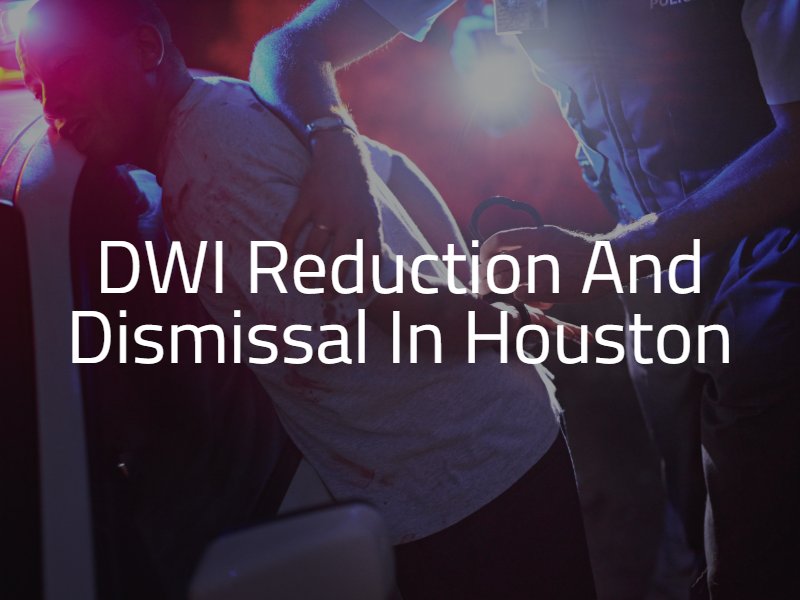
Driving under the influence of alcohol or drugs is a dangerous action. These substances can impair our judgment and reaction times, making it difficult to drive safely and respond to unexpected events on the road. As a result, Texas treats driving while intoxicated (DWI) charges as serious crimes, often resulting in jail time and high fines. However, not all DWI charges are valid – and there are certain circumstances under which the state could dismiss a DWI charge.
Since DWIs can often result in serious injury, property damage, and death, the state of Texas can assign very high penalties if you receive a DWI conviction. Penalties vary based on multiple factors, such as the number of previous DWI offenses, the level of damage that the DWI caused, and, in some cases, the level of blood alcohol concentration (BAC) you have at the time of the arrest.
In addition to the above penalties, you may also face mandatory community service or admission into an education or treatment program, the installation of an ignition interlock device on your vehicle, and higher insurance premiums. If you refuse to submit to a sobriety test at the time of your arrest, the state may impose additional penalties on top of the pending DWI conviction.
While Texas takes DWIs very seriously, not all DWI stops are valid. There are a few reasons why a judge may dismiss your case, depending on the circumstances of your arrest,
After a DWI arrest, you will enter the Texas criminal justice system. DWI cases often have to undergo a number of steps before the court reaches a verdict or you and your attorney reach an agreement with the prosecution. This may include the arraignment where you will enter your plea, pre-trial hearings and meetings, negotiations, and, of course, the trial.
In the state of Texas, it can take between three to six months for a DWI case to reach a conclusion if you decide not to enter the trial process via a guilty plea or plea agreement. If you do enter the courtroom, it can take between 4 months to a year for the case to conclude.
If you are facing DWI charges in Texas, there may be a way to dismiss the charges or reduce the potential penalties you may face. However, you will need to speak to a Texas DWI defense attorney with experience working within your local criminal justice system. As soon as possible following your arrest, contact your lawyer to discuss your legal options and potential pathways to dismissal.